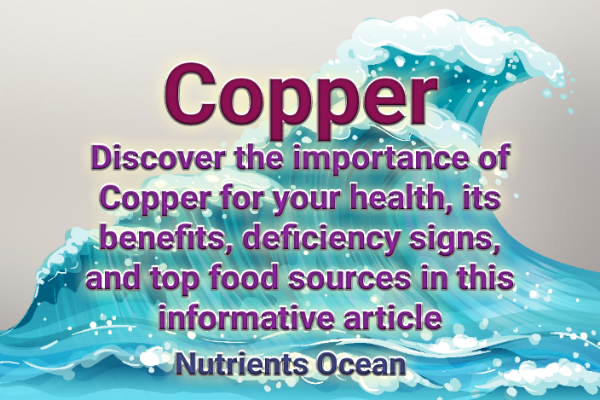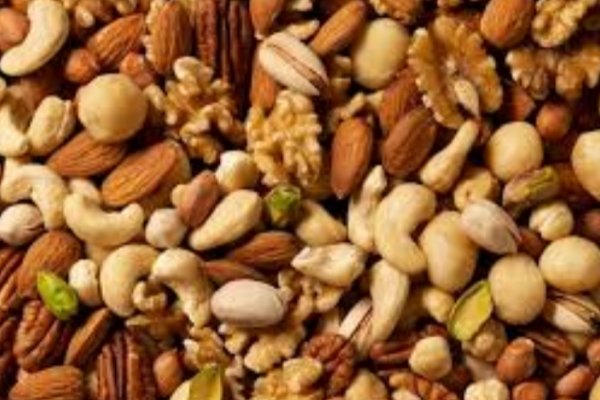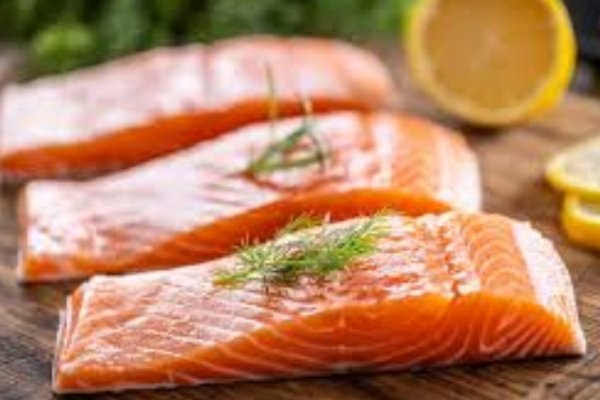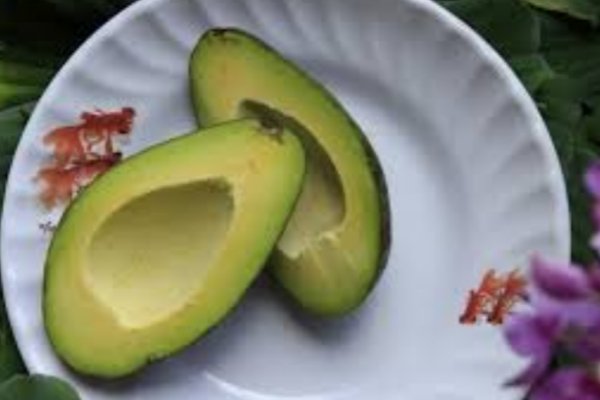Copper Health Defender
Copper may not be the first nutrient that comes to mind, but its role in our health is pretty significant. Think of it as a tiny superhero quietly doing its job behind the scenes.
The Unsung Hero: Understanding Copper
So, why does copper matter? Well, it’s crucial for various bodily functions, like making red blood cells, maintaining a healthy immune system, and helping our bodies absorb iron.
The Health Boosters: Benefits of Copper
When it comes to health benefits, copper is like a secret weapon. It aids in collagen production, keeping our skin and bones strong, and even supports brain function. Plus, it acts as an antioxidant, fighting off those pesky free radicals and keeping our cells healthy.
Food Sources of Copper
Here are some food and natural sources of copper along with brief explanations:
1. Nuts and Seeds:
Almonds, cashews, and sunflower seeds are rich sources of copper. Snacking on these nuts and seeds can help boost your copper intake.
2. Whole Grains:
Whole grains like oats, barley, and wheat contain copper. Incorporating whole grain products into your diet such as bread, pasta, and rice can contribute to your copper intake.
3. Seafood:
Shellfish such as oysters, crabs, and mussels are excellent sources of copper. Including seafood in your meals regularly can help meet your copper needs.
4. Leafy Greens:
Dark leafy greens like spinach, kale, and Swiss chard contain copper. Adding these greens to salads, soups, or stir-fries can increase your copper intake.
5. Beans and Legumes:
Beans such as lentils, chickpeas, and kidney beans are good sources of copper. Incorporating beans into your diet in dishes like soups, stews, and salads can provide copper along with other nutrients.
6. Organ Meats:
Organ meats like liver and kidneys are high in copper. While not as commonly consumed, incorporating small amounts of organ meats into your diet can boost copper intake.
7. Dark Chocolate:
Dark chocolate contains copper, along with antioxidants and other beneficial compounds. Enjoying moderate amounts of dark chocolate can contribute to your copper intake as part of a balanced diet.
8. Avocado:
Avocado is a fruit that contains copper. Including avocado in meals like salads, sandwiches, or smoothies can add a touch of copper along with healthy fats and other nutrients.
These natural sources of copper are readily available and can be included in a balanced diet to support overall health and well-being.
Spotting the Signs: Deficiency Symptoms of Copper
Now, let’s talk about what happens when we don’t get enough copper. Deficiency isn’t super common, but when it does occur, it can lead to issues like anaemia, weakened immune function, and brittle bones. Signs to watch out for include fatigue, frequent infections, and pale skin.
Navigating the Detection: Ways to Determine Copper Deficiency
Detecting a copper deficiency isn’t always straightforward, but if you’re experiencing any of those symptoms, it’s worth chatting with your doctor. They can run tests to check your copper levels and recommend dietary changes or supplements if needed.
Fueling the Body: Sources of Copper
Speaking of which, getting enough copper isn’t too tricky. It’s found in various foods like nuts, seeds, whole grains, leafy green veggies, and seafood. So, keeping a balanced diet rich in these foods is a great way to ensure you’re getting your copper fix.
In a nutshell, copper might not steal the spotlight, but it plays a crucial role in keeping our bodies functioning smoothly. So, let’s give a little shoutout to this underrated nutrient for all the hard work it does behind the scenes!







